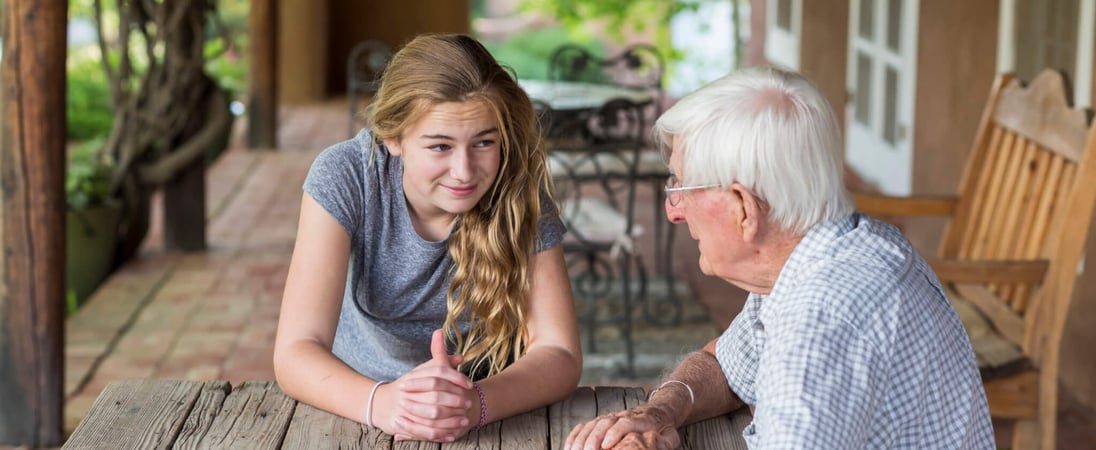
Dying to Know Day
Ultimately, we are all going to die. It’s just the way of life. Dying to Know Day seeks to make the transition from life to death a bit easier for everyone by encouraging conversations and reminding people that they can still have fun without being irreverent.
History of Dying to Know Day
When Andrew Anastasios published his book called Dying to Know: Bringing Death to Life in 2010, it offered a playful look at the idea of having conversations about death. The book offers some options for conversation starters to remove some of the awkwardness from the topic.
The Groundswell Project, founded in Australia and inspired by the book, now works with organizations, communities and individuals to help people better experience death, care and grief.
Dying to Know Day (also called D2K Day) was developed by The Groundswell Project. The belief is that conversations about death are often taboo, but they don’t need to be. Having these types of difficult conversations in advance might feel a bit uncomfortable or awkward now but, ultimately, this can help to reduce the anguish that is felt by loved ones after someone dies.
Dying to Know Day is all about easing the stress and normalizing conversations about death.
How to Celebrate Dying to Know Day
Observing Dying to Know Day can be a super simple practice, offering opportunities for families and loved ones to be prepared. Consider some of these ways to honor Dying to Know Day:
Have a Conversation about Death
One of the advantages of talking about end of life issues in advance is that the family members or friends who are executing the plans can rest assured that they are keeping with the person’s wishes. Conversations can be had with parents, spouses or partners, adult children and other important people in life, so they are prepared with what to do when the time comes.
Many people have used Anastasios’ Dying to Know book as a way to start conversations about topics such as what someone wants if they become terminally ill or how they would like their funeral planned. Other ideas for important topics to include in Dying To Know Day conversations might include:
- Creating online memorials
- Understanding and supporting organ donation decisions
- Having discussions about death with children
- Making an emotional will
Make End of Life Plans
Many people feel that they can offer a gift to their children or other loved ones by making end-of-life preparations in advance. Whether making sure their will is up to date, choosing and purchasing burial plots or making other funeral arrangements, this type of activity can take the pressure off of those who are grieving as they are left behind.
Get Dying to Know Day Resources
Those who would like to hold an event in their family, community, group or school can get access to free resources on the Dying to Know website. Promotional resources, event registration, stories to inspire, graphics for flyers and much more can be accessed through the website of this Australian charity, as well as on their social media pages.
Also on ...
View all holidaysNational Pickleball Day
A sport born from a blend of tradition and innovation, embodying camaraderie and spirited competition, captivating players of all ages.
International Cat Day
Pamper your furry feline friends on International Cat Day, visit big cats at the zoo, or consider taking the plunge and adopting one of these wonderful creatures.
National CBD Day
Harnessing nature's botanical wonders, CBD offers holistic relief, promoting wellness and vitality through its natural properties.
Scottish Wildcat Day
Join the movement fighting to protect the critically endangered Scottish Wildcat. Vaccinate your own cats to help reduce their risk of preventable diseases.
We think you may also like...
National Common Courtesy Day
Just doing those little things, like holding the door or saying 'thank you,' can turn an ordinary day into a brighter one.
International Day of Acceptance
Through strength, resilience, and determination, almost anyone can overcome challenges, demonstrating that abilities transcend limitations, and inspire others to embrace their own unique strengths and possibilities.
National Compliment Your Mirror Day
Show yourself some love and support by complimenting your mirror—or the person in it, really. Affirmations can help brighten your day and change your perspective.








